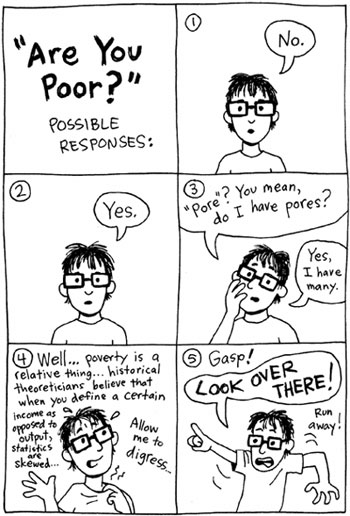
I just finished Diane Duane's Wizard Alone, the sixth book in her series. This is a fascinating fantasy series. Like Madeline L'Engle's work, Duane sees the intricacies of science as the best source of magic. Duane's young wizards, Nita and Kit, talk in scientfic terms about the wizardry they do. Also, like L'Engle, the works are informed by a Christian (Catholic?) world view which, while not discussed in such terms, informs the entire work.
This specific story, though, has caused me to think and rethink... In this novel, Duane's characters meet an autistic boy, Darrel, who is himself a wizard. Nita and Kit travel into the dangerous landscapes of Darrel's mind. The book is informed about autism and Darrel actually derives some of his strength from the nature of his autism (which he is able to turn against the Lone One, the embodiment of evil in Duane's world).
Here's the crux of the matter (and a SPOILER as well!)
In the conclusion of the novel, Darrel is cured of his autism.
I'm not sure how to respond to this choice. While the novel handles the issues of autism with great respect, does the fantastical ending where Darrel decides to leave his autism behind him, does this negate that sense of respect. I'm not sure...




